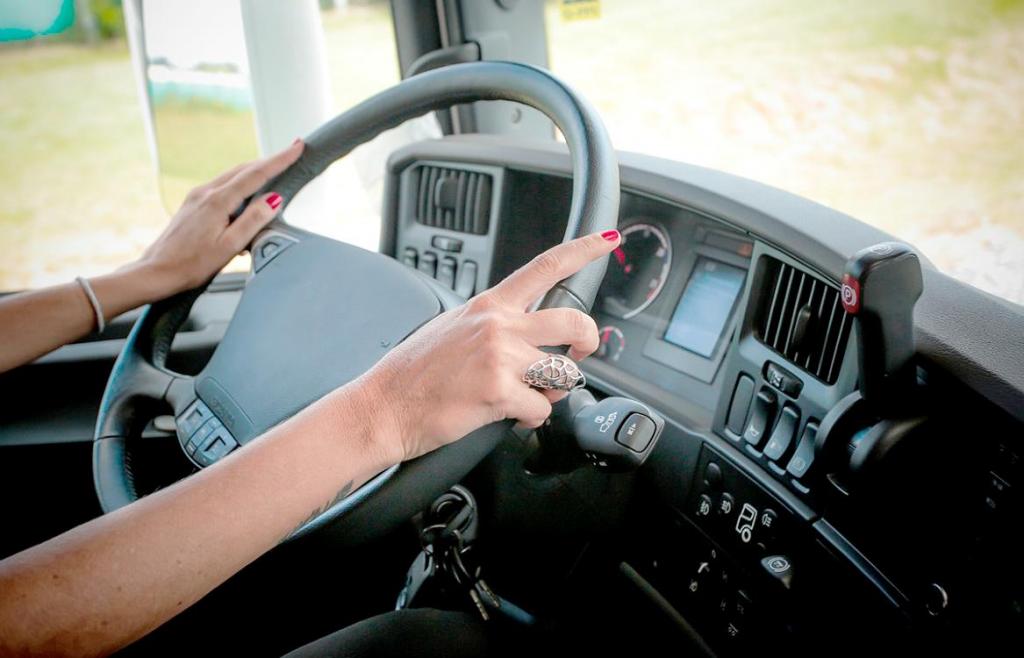
For the first time, the Statistics of Motor Transport Processes, published in the Basic Statistics of Federal Motor Transport 2023, dedicated a section to the classification of Current License Procedures for Women.
This data showed that in the country there were 708,930 valid licenses, of this volume 99.2% corresponded to procedures requested by men, while the remaining 0.8% corresponds to the participation of women, that is, according to these data from the General Directorate of Federal Motor Transportation (DGAF) , in Mexico, 5,450 valid licenses were issued for operators.
Of this volume, 78.7% of licenses were requested for cargo vehicles, which was equivalent to four thousand 289 documents , this corresponded to 0.6% nationally. On the other hand, the remaining 21.3% of the documents were requested for the passenger and tourism service, a total of 1,161, which represented 0.8% of the national licenses.
Although there is no comparative basis for the figures cited, it is clear that the role of the woman operator has been gaining ground. For example, last May the Association of Women Freight Vehicle Operators (AMO) detailed that, three years after starting the specialized training process for women, the organization has promoted the preparation of more than 200 new operators .
Added to this figure are those that are in the training process with various programs, with the support of the government of Baja California, in addition to the Scania and Volkswagen assembly companies .
It should be noted that at the time, Paola Moncada, president and co-founder of the AMO, indicated that the training and professionalization of female drivers is the guiding axis of efforts to incorporate more women on the roads.
In this sense, every day more motor transport employers are supporting the inclusion of women in key positions within organizations and, of course, behind the wheel.
“There is an increasing number of women operators both on Mexican highways and at international crossings and in B1, I really like how they work, they are dedicated, honest and have exactly the same skills as a man,” explained Héctor Hinojosa, delegate of the National Chamber of Cargo Transportation (Canacar) in Nuevo Laredo.
For his part, Ángel Hernández, general director of Super Transporte Internacional (STI) , explained that, although there is no registration list by location for women operators, Canacar’s efforts have been aimed at making them enter national level. increasingly in motor transport.
“There are companies that have dedicated themselves to training female drivers and each time the percentage has been growing. It has been shown that women have a high sense of responsibility, self-protection, accident prevention, attention to speed limits and in general commitment, qualities that are highly valued by companies,” Hernández explained.
Although the gap is still wide, it is clear that women are a talent that can contribute to reducing the shortage of operators, which according to data from the International Road Transport Union (IRU) in Mexico reaches 56 thousand seats.














